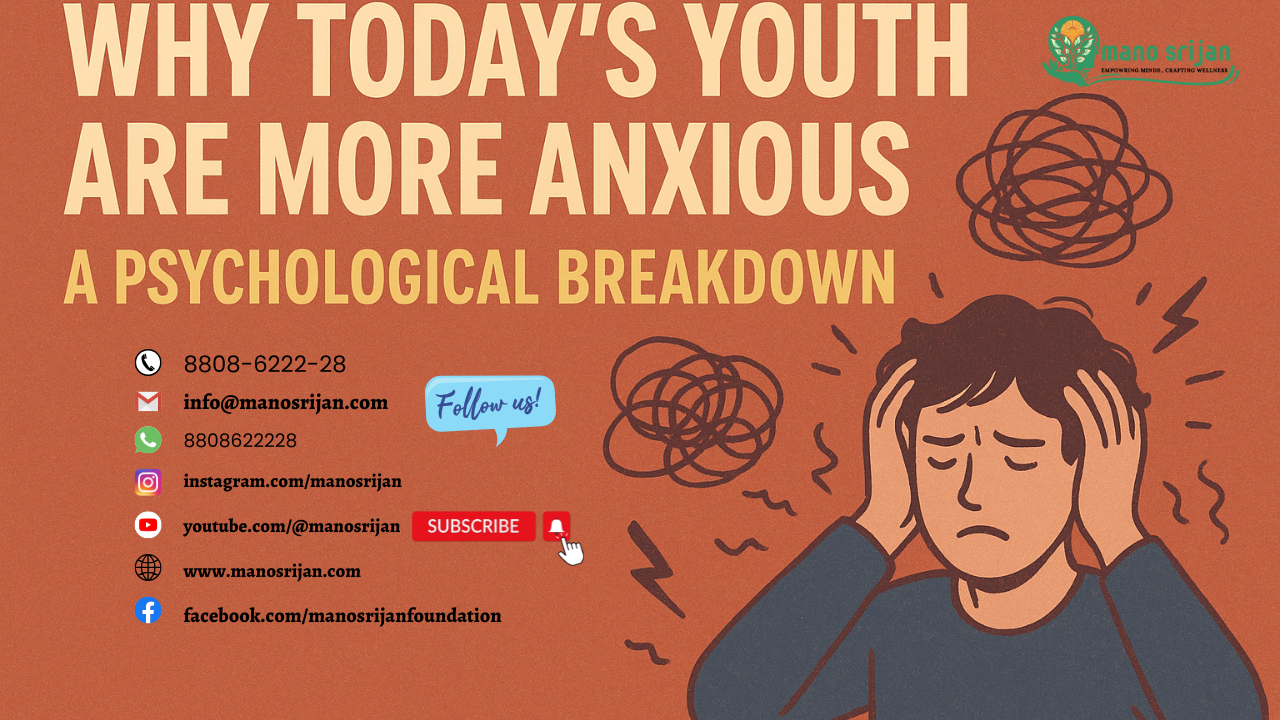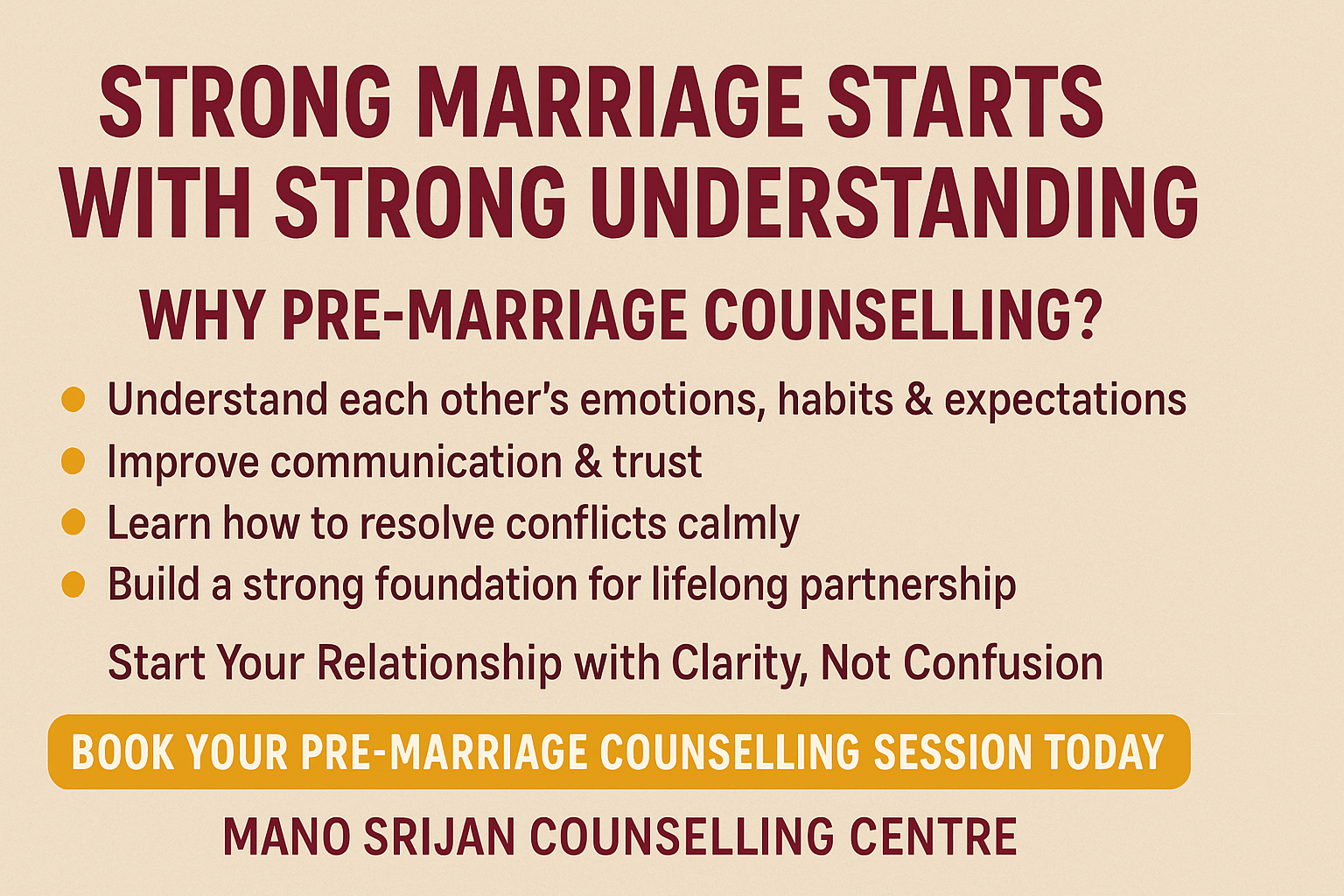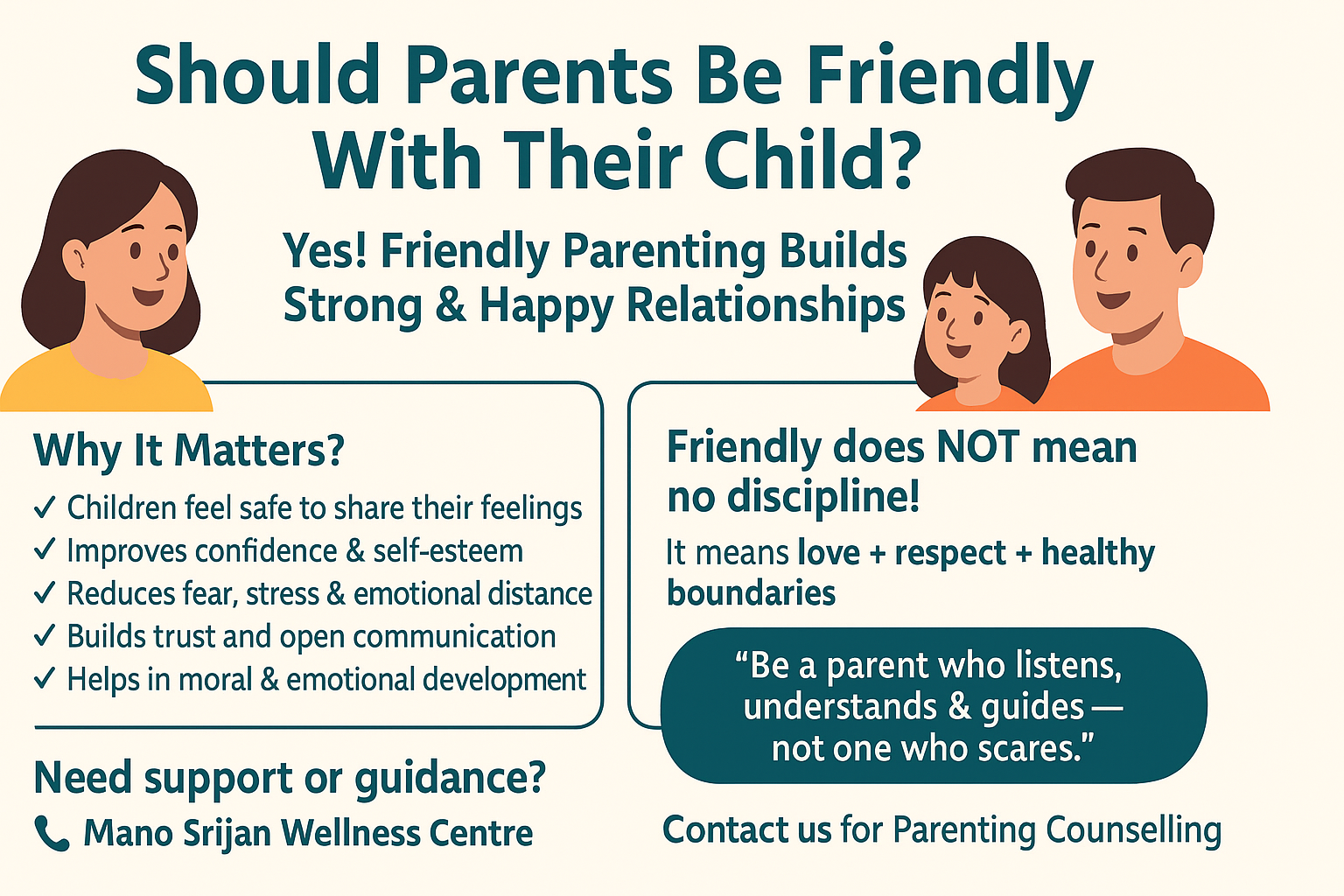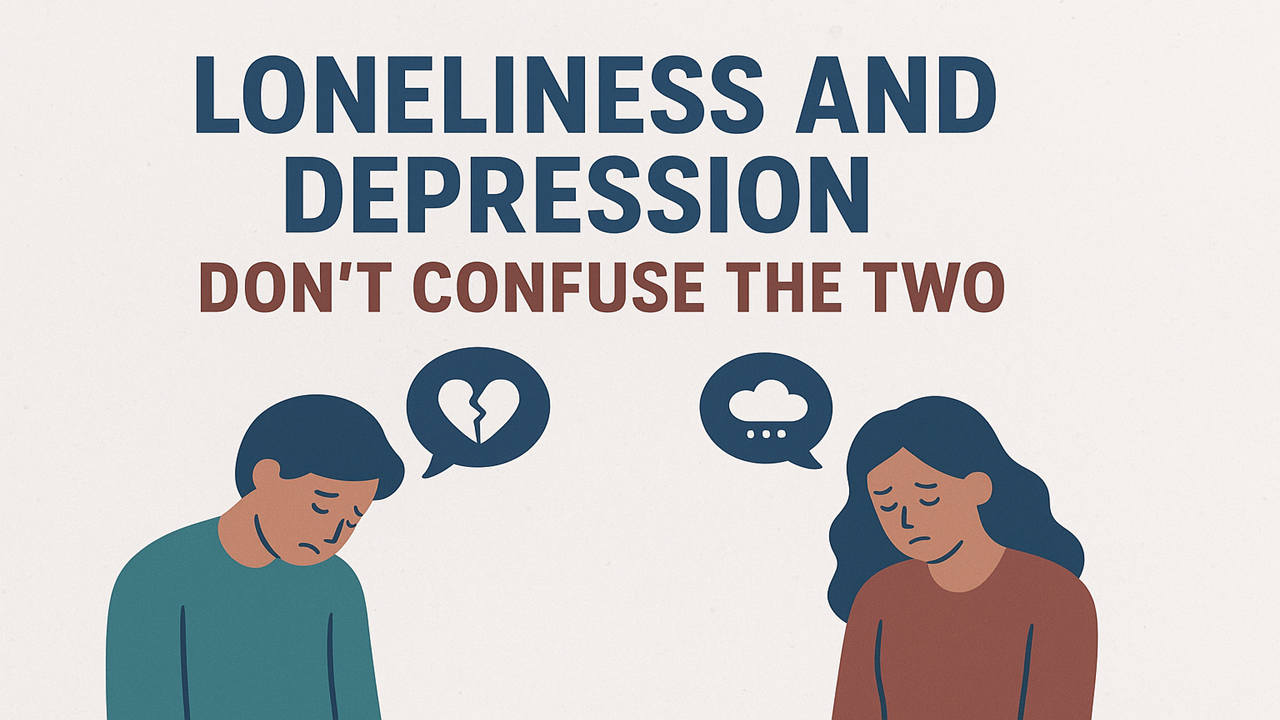- 07 Aug 2025
- Psy. Ashish Pandey
Understanding Moral OCD: When Conscience Becomes a Cage
What is Moral OCD?
Moral OCD, also known as scrupulosity, is a subtype of Obsessive-Compulsive Disorder (OCD) where individuals are overwhelmed by obsessive concerns about right and wrong, morality, ethics, and often religious or philosophical ideals. People suffering from Moral OCD experience intense anxiety about being a “bad” person, even when there is no logical basis for such fear.
Imagine living with a hyperactive moral compass that never shuts off—constantly second-guessing your intentions, scrutinizing your behavior, and demanding perfection in every ethical decision. This is the inner reality of someone with Moral OCD.
How Moral OCD Differs from a Healthy Conscience
Everyone experiences guilt or moral reflection sometimes. What makes Moral OCD different is:
-
Intensity: The moral worries are excessive, intrusive, and disproportionate.
-
Frequency: Obsessive thoughts recur daily or even hourly, disrupting daily life.
-
Distress: The person feels significant emotional pain and shame, even when they’ve done nothing wrong.
-
Compulsions: People often perform rituals to “neutralize” their guilt or prevent moral failure.
Common Obsessions in Moral OCD
-
“Did I hurt someone without realizing it?”
-
“Was that joke I made offensive?”
-
“Did I just lie, even slightly?”
-
“What if I have racist/sexist/harmful thoughts?”
-
“Am I a bad person for thinking that?”
-
“Did I sin or break a moral rule?”
These thoughts are often irrational, but feel completely real to the person experiencing them.
Common Compulsions
-
Repeatedly apologizing or confessing (even for minor or imagined wrongs)
-
Seeking excessive reassurance from others (“Do you think I’m a good person?”)
-
Mentally reviewing conversations or past actions in detail
-
Avoiding situations where a moral mistake might occur
-
Over-correcting behavior or compensating with "good" deeds
These compulsions are intended to relieve anxiety but only reinforce the cycle of OCD.
Emotional Impact
Moral OCD can lead to:
-
Chronic guilt and shame
-
Depression
-
Isolation (due to fear of doing something wrong socially)
-
Decision-making paralysis
-
Burnout from perfectionism
In many cases, the individual is highly self-aware and suffers silently, afraid of being judged or misunderstood.
Causes and Risk Factors
Like other forms of OCD, Moral OCD is believed to arise from a combination of:
-
Genetic predisposition
-
Brain chemistry (especially serotonin pathways)
-
Environmental influences, such as:
-
Strict religious or moral upbringing
-
Trauma or guilt-inducing experiences
-
High-pressure environments that demand perfection
-
Treatment Options
1. Cognitive Behavioral Therapy (CBT)
The gold standard treatment, particularly Exposure and Response Prevention (ERP). In ERP, the individual is gradually exposed to moral uncertainty (e.g., “What if I offended someone?”) and learns to resist the urge to perform compulsions.
2. Mindfulness-Based Therapy
Helps in learning to observe intrusive thoughts without reacting or judging them.
3. Medication
Selective serotonin reuptake inhibitors (SSRIs) like fluoxetine or sertraline may be prescribed to reduce the intensity of obsessions and compulsions.
4. Compassion-Focused Therapy
For many with Moral OCD, the issue isn't just fear of being immoral—it's harsh self-judgment. Learning self-compassion can be transformative.
Living with Moral OCD: Tips for Recovery
-
Understand that thoughts are not facts. Having a “bad” thought doesn’t mean you are a bad person.
-
Learn to tolerate uncertainty. You don’t need 100% certainty to move forward.
-
Avoid reassurance-seeking. It might feel good temporarily but feeds the OCD cycle.
-
Practice self-kindness. You are not your thoughts.
-
Find a therapist trained in OCD and ERP. General talk therapy may not be effective alone.
Final Thoughts
Moral OCD is a painful, misunderstood form of OCD that can turn your own conscience into your biggest enemy. But with the right support and treatment, individuals can learn to live with moral uncertainty without being controlled by it. Recovery doesn’t mean never having a troubling thought—it means learning not to believe everything you think.
If you or someone you know is struggling with obsessive guilt or fear of being “bad,” know that you’re not alone—and help is available.






